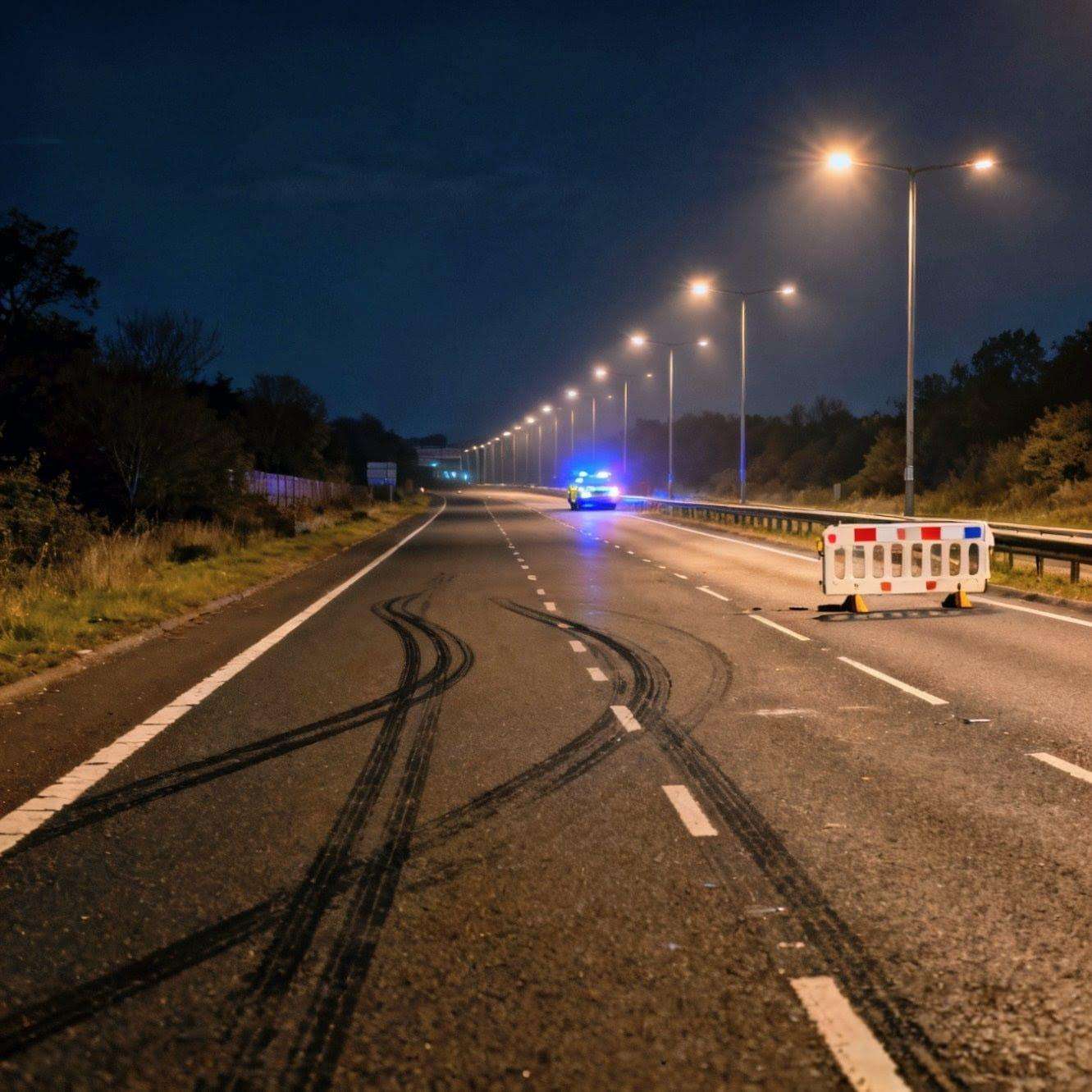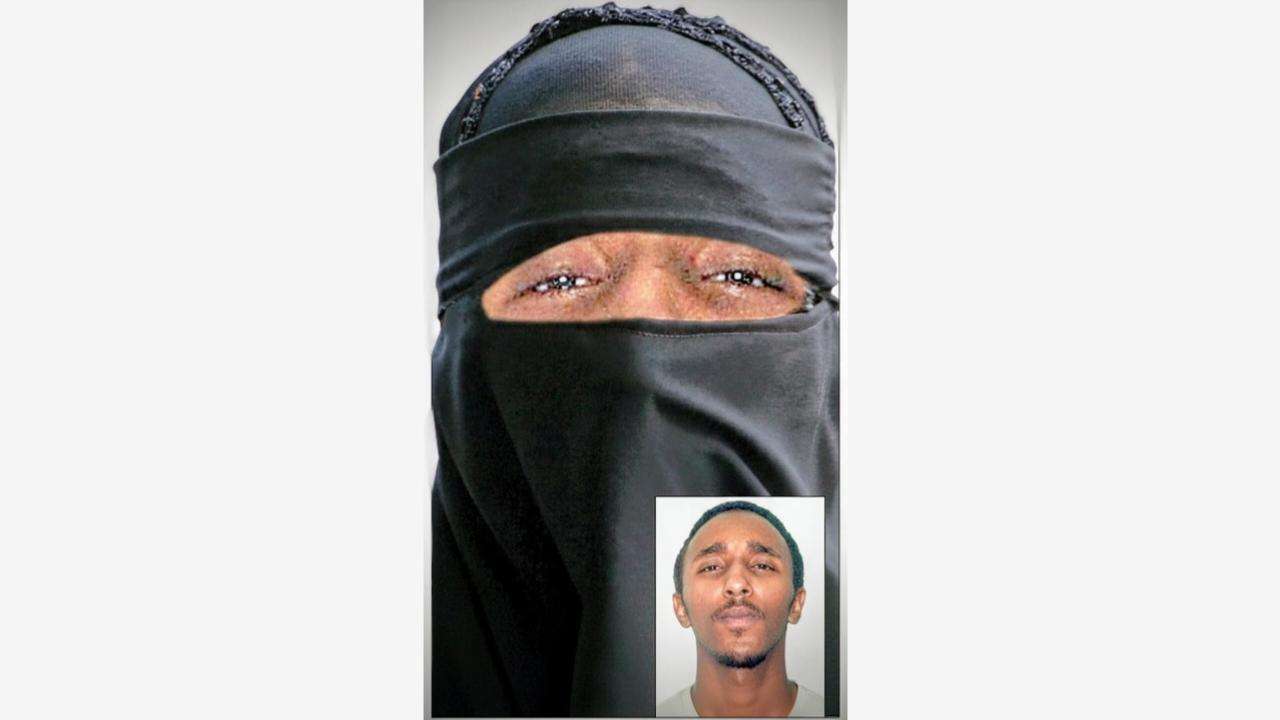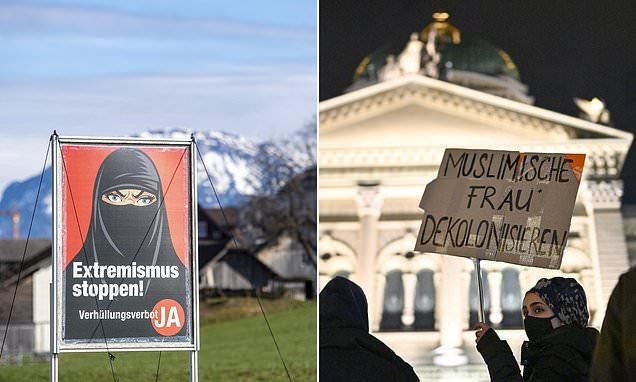Switzerland will introduce fines of up to £900 for wearing a burqa in public starting January 1, 2025, as announced by the government. The nationwide ban, initially approved in a close 2021 referendum and criticized by Muslim organizations, was proposed by the right-wing Swiss People's Party.
Already in place in the St Gallen and Ticino regions, the ban allows for face coverings in religious sites, on planes, and in diplomatic locations. Those who violate the ban may be fined up to 1,000 Swiss francs (about £888).
According to the statement, facial coverings will continue to be allowed for health and safety grounds, local customs, or weather-related reasons.
It further said that they would be permitted for advertising purposes as well as for artistic and entertainment purposes.
It said that such coverings should be allowed if they are necessary for individual protection when exercising the right to free speech and assembly, so long as the relevant authorities have given their approval and there is no threat to public order.
A 100 franc administrative fee, which may be paid in person, will be imposed on anyone who violate the prohibition. But individuals risk a maximum fine of 1,000 francs if they fail to pay this administrative fee.
In a statement in 2021, the cabinet said: 'The ban on covering faces aims to ensure public safety and order. Punishment is not the priority.'
Facial coverings had been called a symbol of extreme, political Islam, according to proponents of the ban.
The vote was condemned as discriminatory by Muslim groups, who vowed legal challenges.
The Central Council of Muslims in Switzerland promised legal challenges to laws implementing the ban and a fundraising drive to help women who are fined.
A spokesman said when the referendum passed in 2021: '[The] decision opens old wounds, further expands the principle of legal inequality, and sends a clear signal of exclusion to the Muslim minority.'
The Federation of Islamic Organisations in Switzerland added: 'Anchoring dress codes in the constitution is not a liberation struggle for women but a step back into the past.'
Full face veils were banned from being worn in public in 2011. Elsewhere, Denmark, Austria, the Netherlands and Bulgaria have full or partial bans on wearing face coverings in public.
Around 5 per cent of the Swiss population is made up of Muslims, most have roots in Turkey, Bosnia and Kosovo.








.svg)


